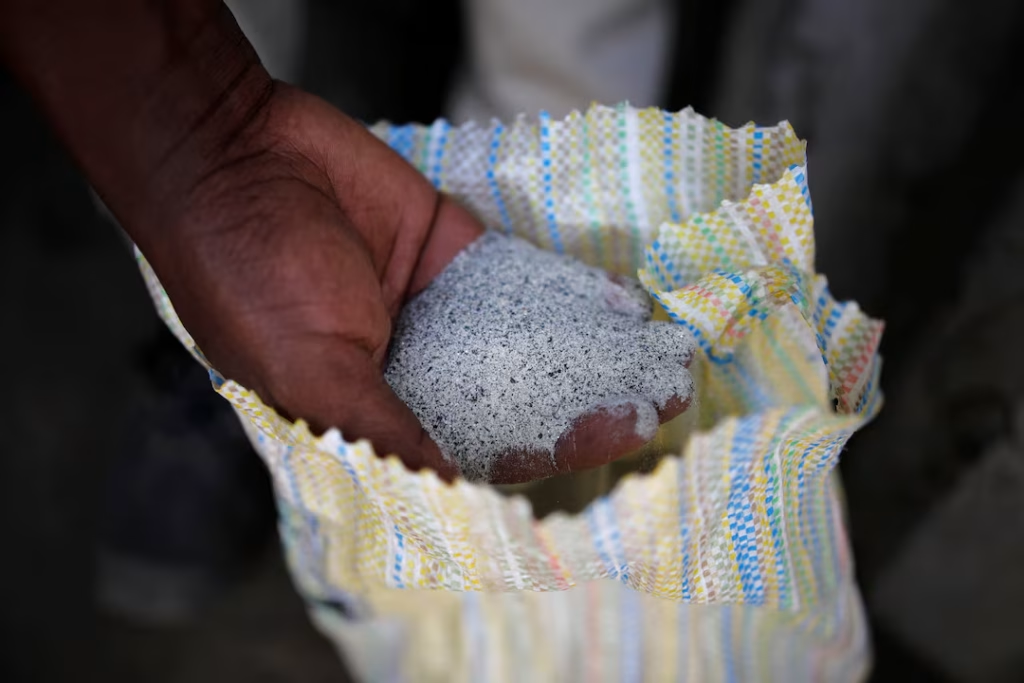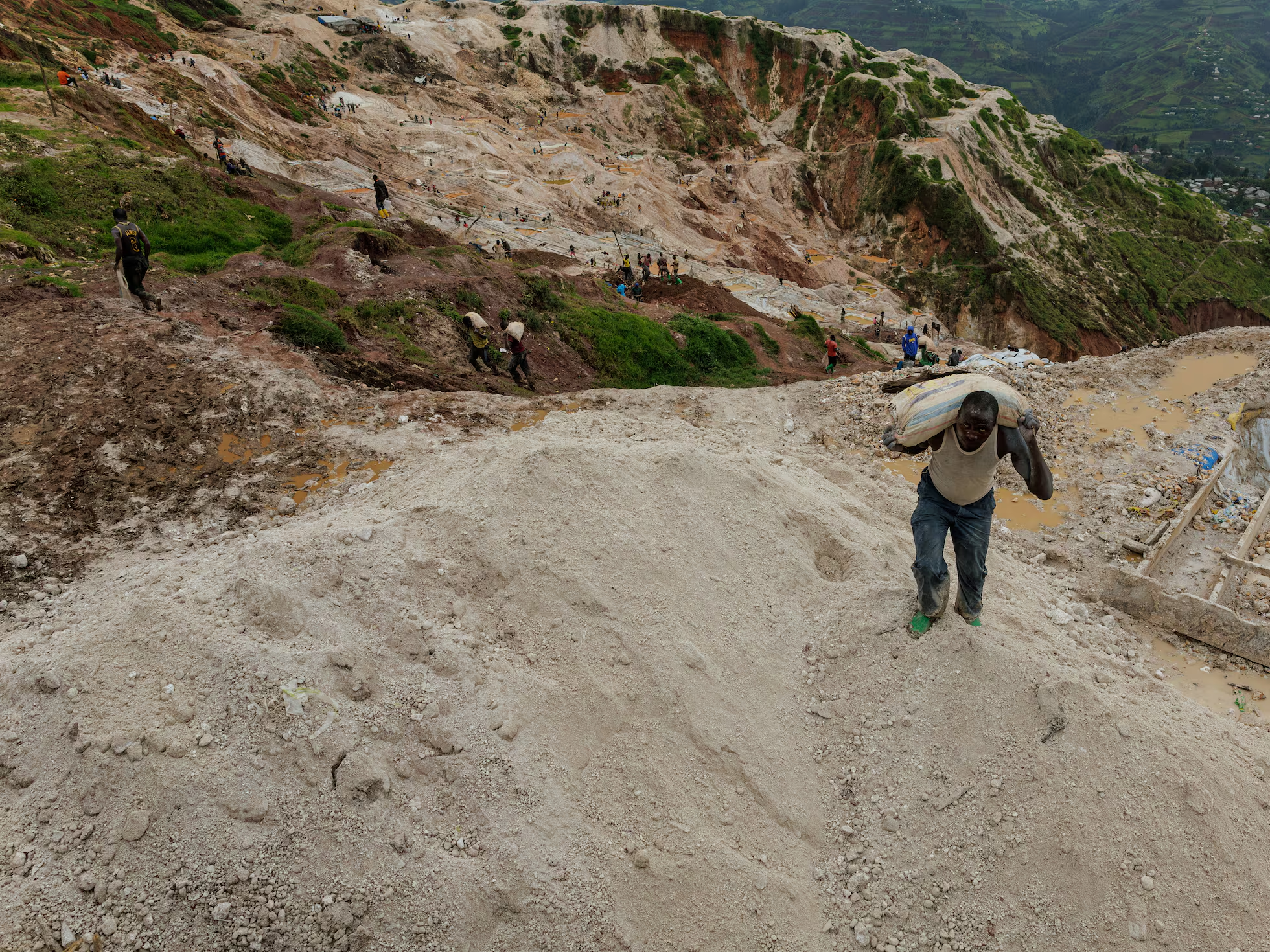The Democratic Republic of Congo (DRC) is optimistic about finalising a landmark investment agreement with the United States as early as next month, which would bolster American involvement in the country’s strategic minerals sector.
The deal is also expected to play a role in efforts to bring an end to the Rwandan-backed insurgency in eastern Congo, according to a report by the Financial Times.
Negotiated with the backing of Washington, the proposed agreement could pave the way for Congolese minerals—such as tungsten, tantalum, and tin—to be lawfully exported to Rwanda for processing.
This arrangement is being considered as part of a wider peace initiative, Reuters reported last week. These minerals have long been a source of contention, with Kinshasa accusing Kigali of illicit exploitation and cross-border smuggling.
Sources close to the discussions told the Financial Times that both a U.S. investment deal and a separate peace agreement with Rwanda could be reached by the end of June.
However, significant obstacles remain, and the success of the negotiations is far from guaranteed.

DRC’s Mines Minister, Kizito Pakabomba, told the FT that an agreement with the United States would be an important step in reducing the country’s heavy reliance on China for mineral development. “Diversifying our partnerships is key to achieving greater economic independence,” he said.
The Congolese government considers the illegal extraction and trade of its mineral resources as a major catalyst for the ongoing conflict in the east of the country, where M23 rebels—allegedly supported by Rwanda—have intensified their activities since January.
Kinshasa claims that tens of millions of dollars’ worth of minerals are being smuggled into Rwanda every month, where they are sold under false provenance.
The U.S. is reportedly pushing for a comprehensive peace agreement between Congo and Rwanda to be concluded over the summer.
This would be accompanied by mineral-related arrangements designed to attract substantial Western investment to the volatile region.
Earlier this month, Massad Boulos, a senior adviser to U.S. President Donald Trump on African affairs, highlighted the administration’s ambition to bring billions of dollars in Western capital into the mineral-rich but conflict-stricken zone.
Responding to the developments, Rwandan government spokesperson Yolande Makolo said, according to the Financial Times, that Rwanda’s defensive posturing along its border with DRC would continue “as long as threats and the cause of insecurity in the DRC persist.”


 Trending
Trending 